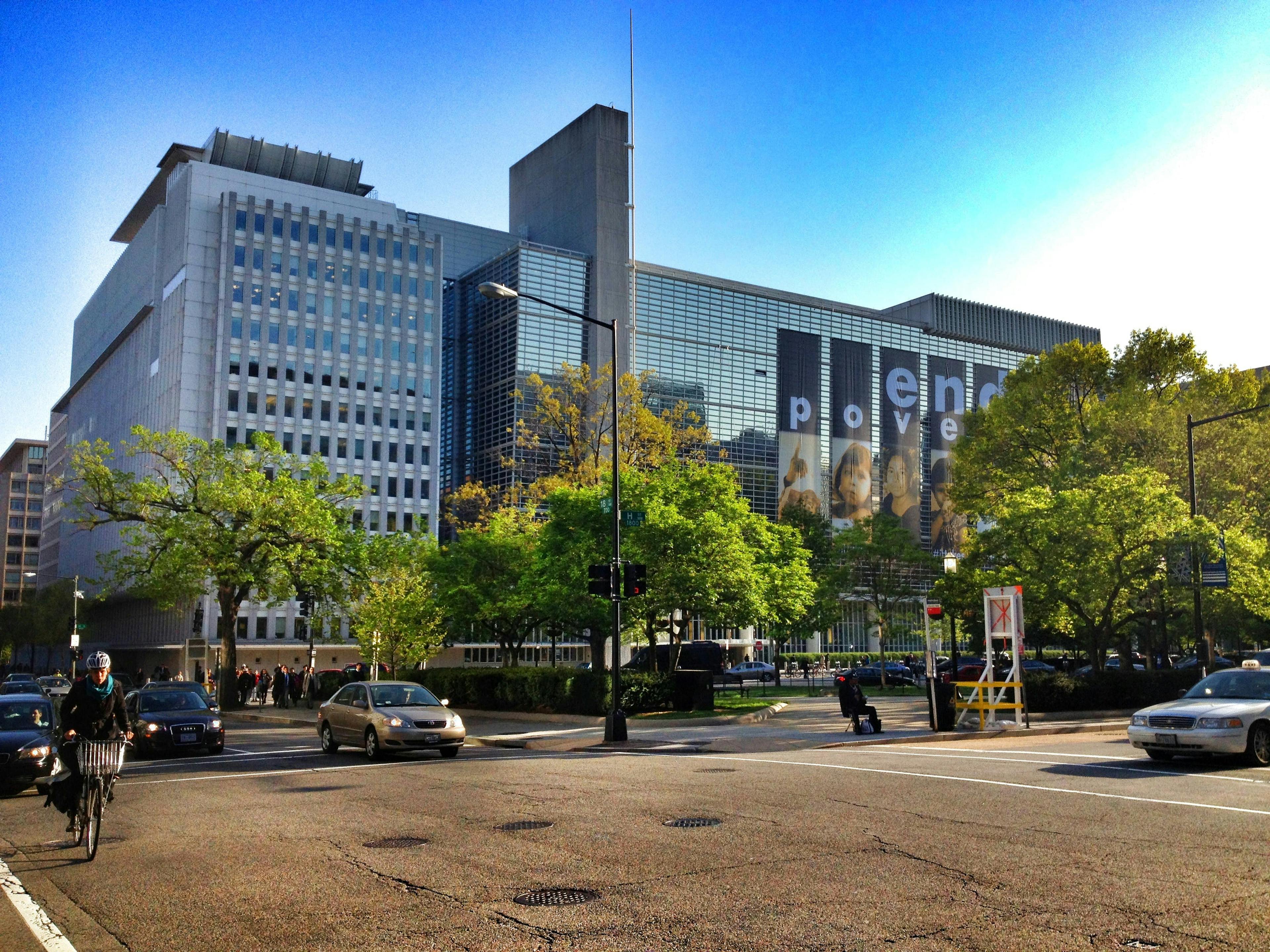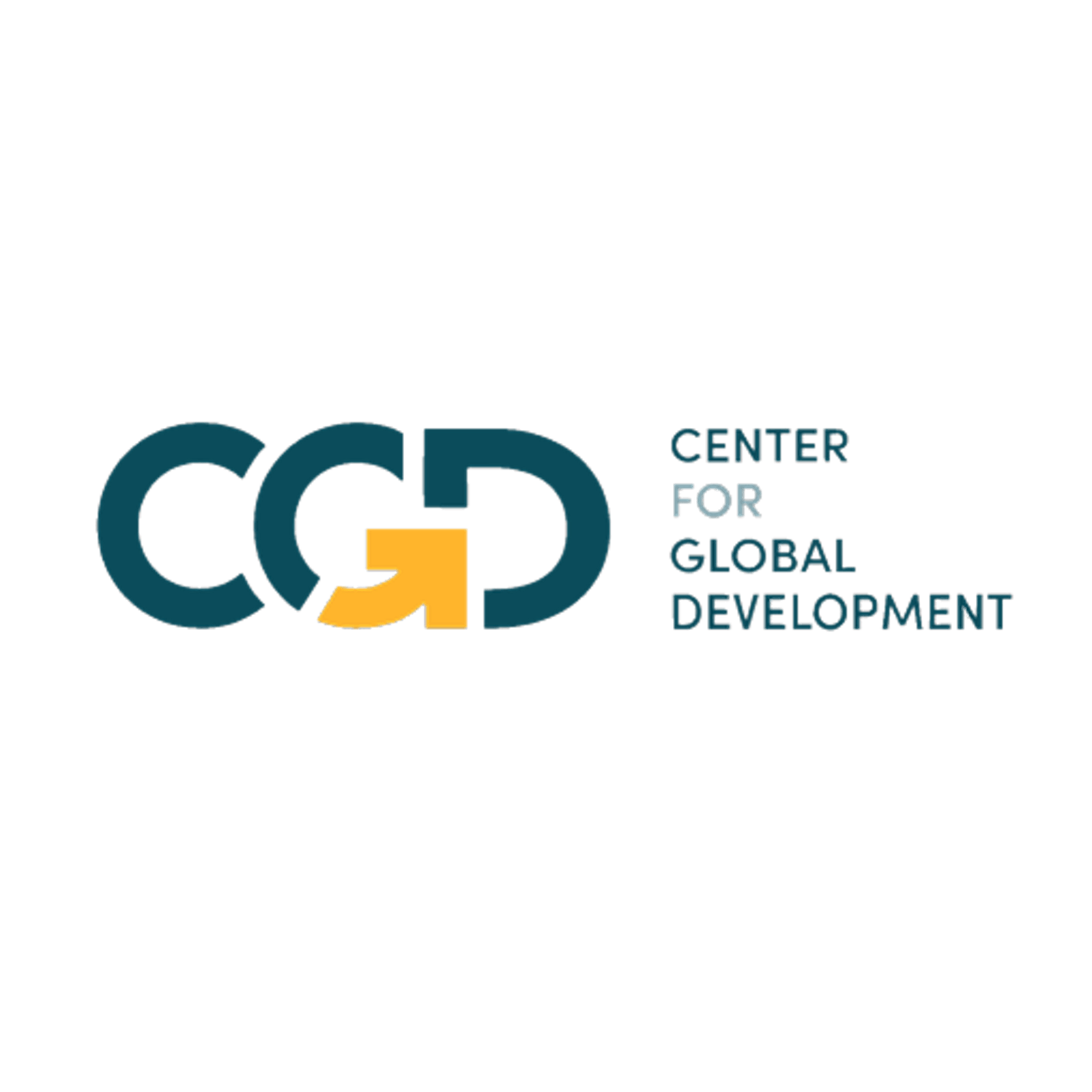Downloads
Abstract
World Bank budget support projects throughout the COVID-19 global health emergency contain significant policy conditionality. On average, each operation required the recipient government to implement 8 policy reforms to secure funding—a reasonable constraint in “normal” times but at odds with the twin imperatives of speed and flexibility in crisis times. In addition, over two-thirds of the World Bank budget support reform conditions were not directly relevant to the COVID-19 crisis. Instead, they focused on a longer-term reform agenda. This puts the World Bank out of step with the International Monetary Fund (IMF) which has routed a significant portion of its COVID-19 financing through programs with little to no conditionality. It may also help explain the absence of a surge in budget support since the onset of the global pandemic since onerous reform conditions might discourage governments from requesting the instrument. Crucially, it also raises questions around the effectiveness of how the World Bank is using budget support operations as a crisis response tool. With the COVID-19 emergency far from over for most of the world, the World Bank should focus on providing fast-disbursing programs with lighter policy conditions that are concentrated on mitigating the crisis at hand.

